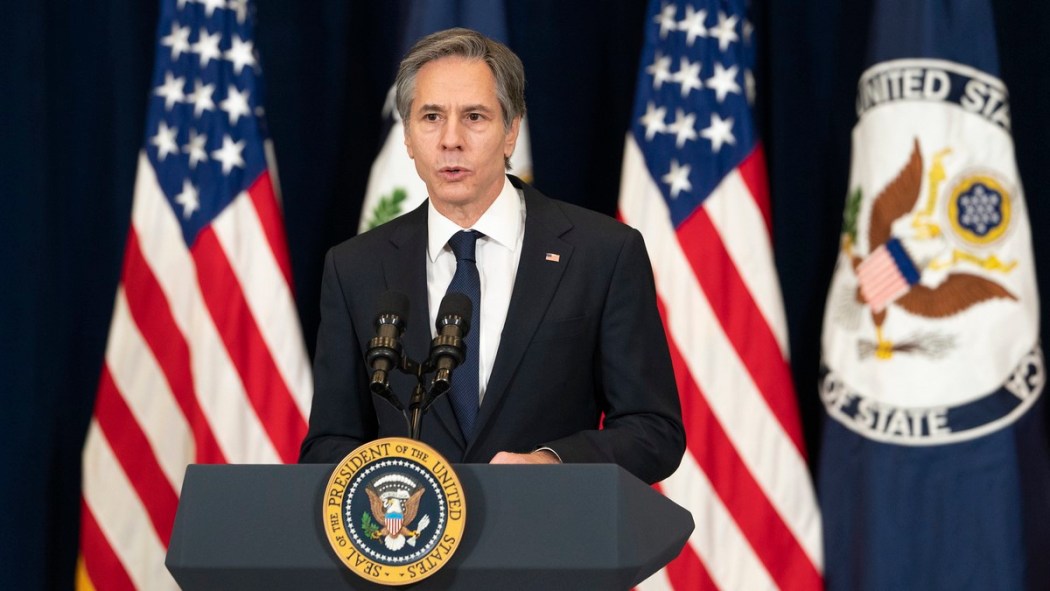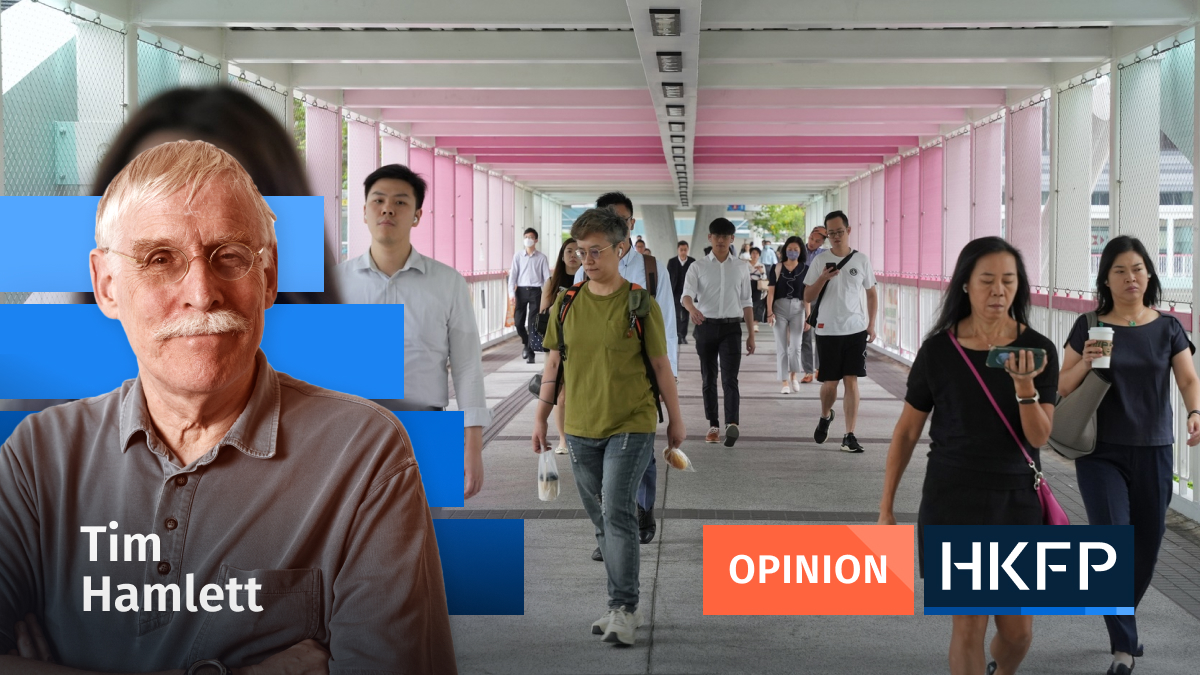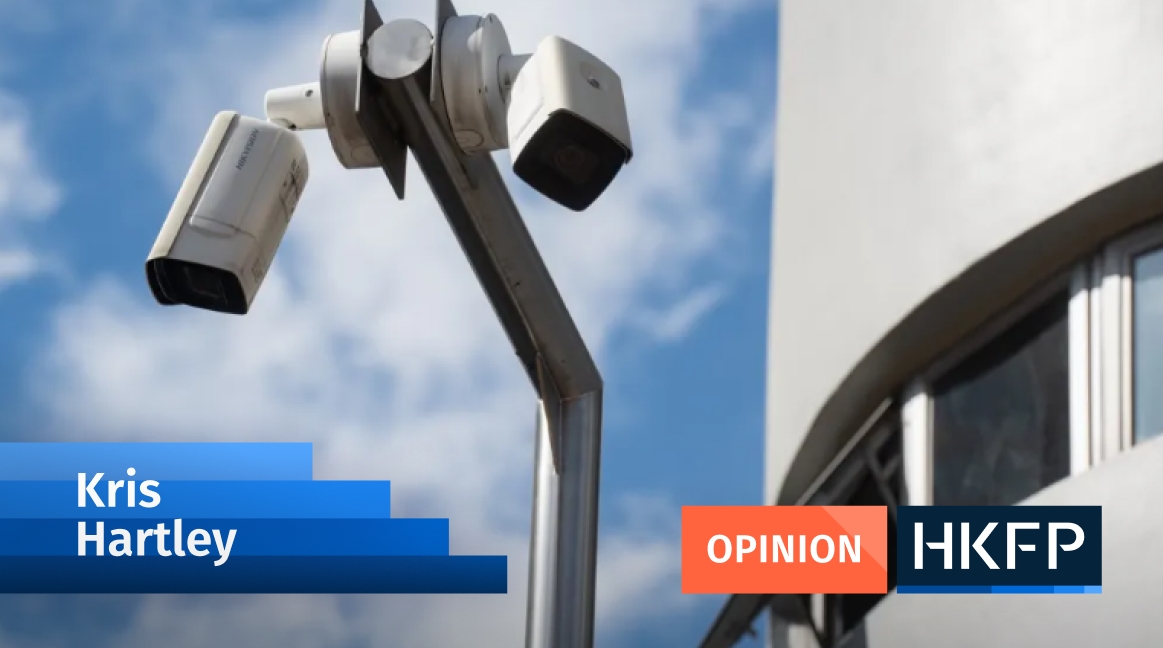Following the suffocating so-called “electoral reforms” for Hong Kong that were rolled out at the recently concluded “two sessions” of the National People’s Congress (NPC) and the Chinese People’s Political Consultative Conference in Beijing, Western nations have been loud and clear in their denunciations.
It’s a united front of robust criticism of China’s heavy-handed authoritarian leadership, tied to ringing support for Hong Kong’s high degree of autonomy and aspirations for democracy. It’s very gratifying to see and hear.

The problem is, the city that Washington, London, Brussels, et al. are fighting to save has already been lost, and the battle — minus a few pointless sanctions on Chief Executive Carrie Lam Cheng Yuet-ngor and others — is likely to be an entirely rhetorical clash with no positive outcome for Hong Kong.
US Secretary of State Antony Blinken has called the NPC-mandated changes for Hong Kong’s electoral system — which will effectively eliminate any form of meaningful democratic opposition from the committee that elects the chief executive as well as from the Legislative Council—an “assault on democracy” that is also a “direct attack on Hong Kong’s autonomy, its freedoms, its democratic processes.”
And the newly installed administration of President Joe Biden has promised that Beijing’s throttling of Hong Kong will be one of the contentious issues on the table when Blinken meets his Chinese counterparts — Yang Jiechi, China’s top diplomat, and Foreign Minister Wang Yi —in Alaska on Thursday.
But while Hong Kong’s plight will no doubt be broached by the Americans at this ice-breaking confab, as will Beijing’s mass detention of Muslim Uighurs in the northwestern region of Xinjiang, the two world powers will have bigger fish to fry.

In the realpolitik of Sino-US relations, human rights and democracy are back-burner issues. Trade is front and centre and cybersecurity, climate change, intellectual property rights and conflicting claims over the resource-rich South China Sea are also queuing up for attention.
In Alaska, disillusioned Hongkongers can expect the Americans to make unambiguous expressions of concern about the city’s fast receding autonomy and disappearing core freedoms, but nothing more. The Biden administration — after four combative, tension-packed years under Donald Trump — is clearly looking for areas of cooperation that will bring a better balance to Sino-US relations. Hong Kong will not be allowed to impede that ultimate goal.
The same is true in London, where Prime Minister Boris Johnson’s government announced that it now considers “Beijing to be in a state of ongoing non-compliance with the Sino-British Joint Declaration,” the landmark agreement that paved the way for Hong Kong’s 1997 handover from British to Chinese sovereignty.
Foreign Minister Dominic Raab had these tough words for the Chinese leadership: “Beijing’s decision to impose radical changes to restrict participation in Hong Kong’s electoral system constitutes a further clear breach of the legally binding Sino-British Joint Declaration.”

Likely referring to the sweeping national security law that Beijing imposed on the city last June and the subsequent mass arrests of well-known pro-democracy politicians and activists, the minister added: “This is part of a pattern designed to harass and stifle all voices critical of China’s policies and is the third breach of the Joint Declaration in less than nine months.”
Again, although Raab’s words may be music to the ears of many Hongkongers who watch in alarm as their free and open city slides rapidly into autocracy, a pandemic-ridden, Brexit-weakened United Kingdom is in no position to go toe-to-toe with China over Hong Kong. While the UK has expanded its British National (Overseas) visa scheme to allow a pathway to citizenship for well-heeled Hongkongers who can afford the costs involved, that’s about all we are going to get from London other than Raab’s tough-sounding words.
In Wellington, Canberra, Brussels and Ottawa alarms about Hong Kong continue to sound but to no avail. Beijing’s steely response is only to stiffen its back and harden its stance as Hong Kong suffers — beyond its targeted pandemic-related lockdowns — a full-on, citywide political lockdown on its hopes for a freer, more democratic future.
Support HKFP | Policies & Ethics | Error/typo? | Contact Us | Newsletter | Transparency & Annual Report | Apps
| HKFP is an impartial platform & does not necessarily share the views of opinion writers or advertisers. HKFP presents a diversity of views & regularly invites figures across the political spectrum to write for us. Press freedom is guaranteed under the Basic Law, security law, Bill of Rights and Chinese constitution. Opinion pieces aim to point out errors or defects in the government, law or policies, or aim to suggest ideas or alterations via legal means without an intention of hatred, discontent or hostility against the authorities or other communities. |
Help safeguard press freedom & keep HKFP free for all readers by supporting our team

More HKFP OPINION:
HKFP has an impartial stance, transparent funding, and balanced coverage guided by an Ethics Code and Corrections Policy.
Support press freedom & help us surpass 1,000 monthly Patrons: 100% independent, governed by an ethics code & not-for-profit.










